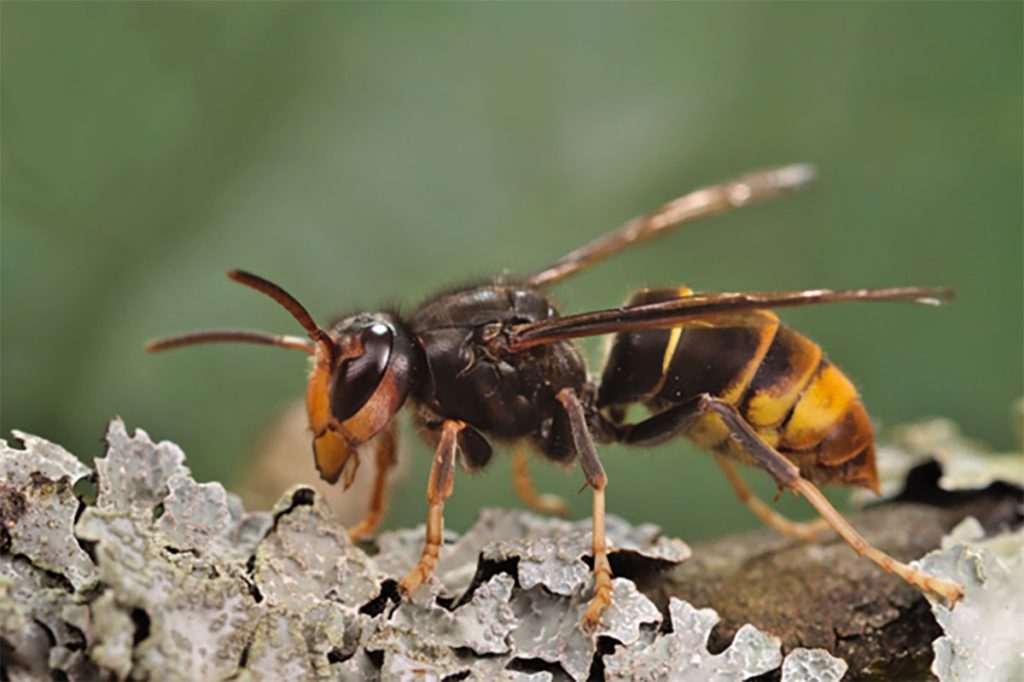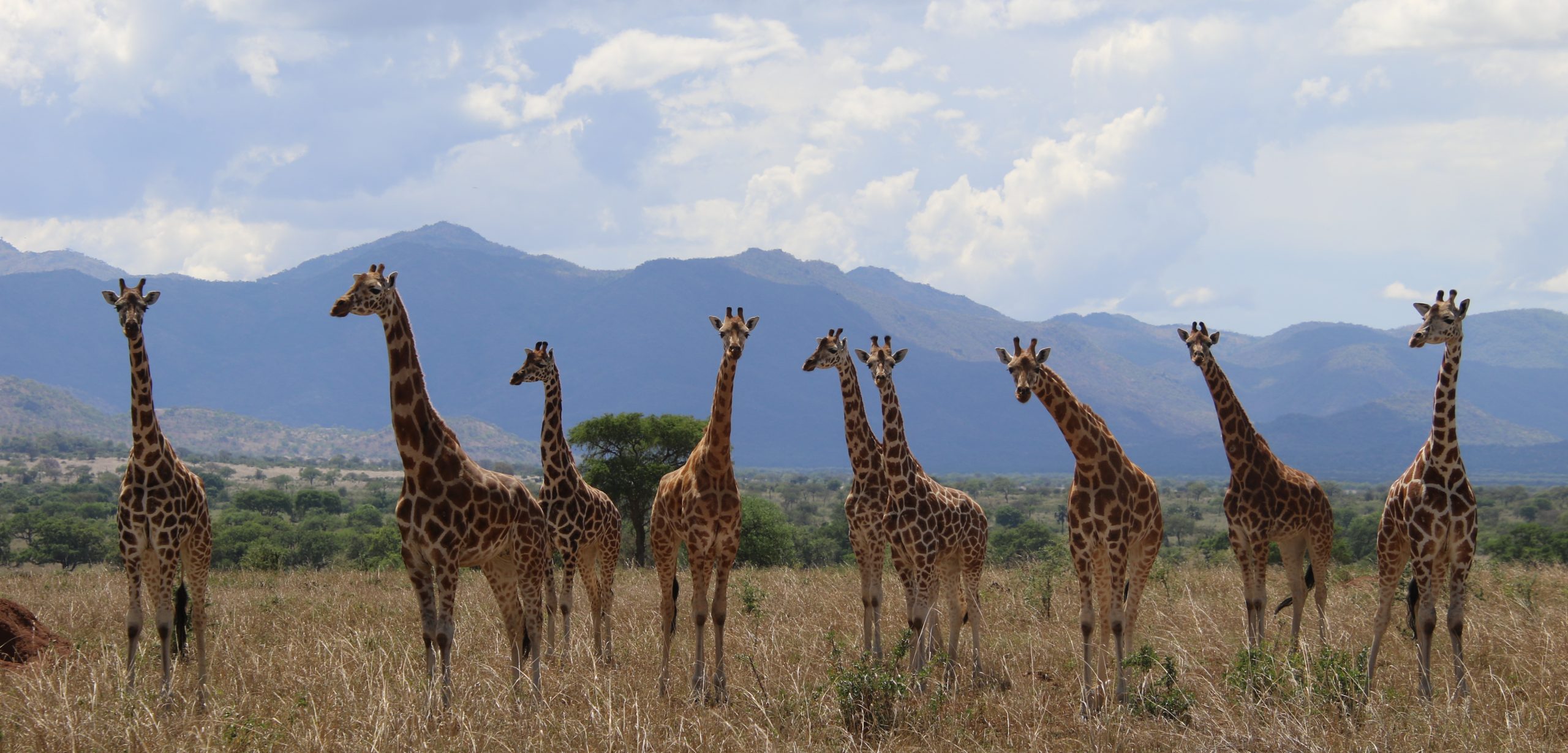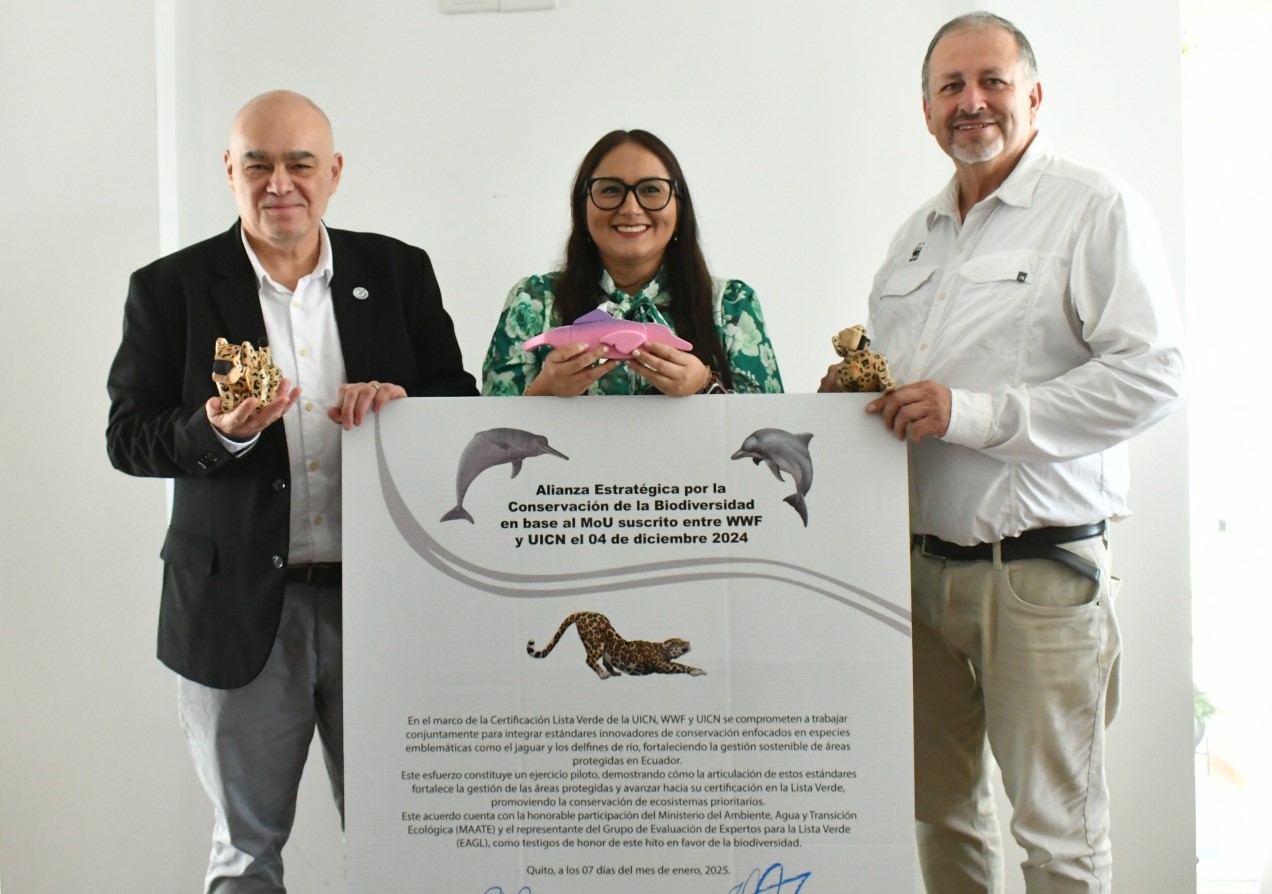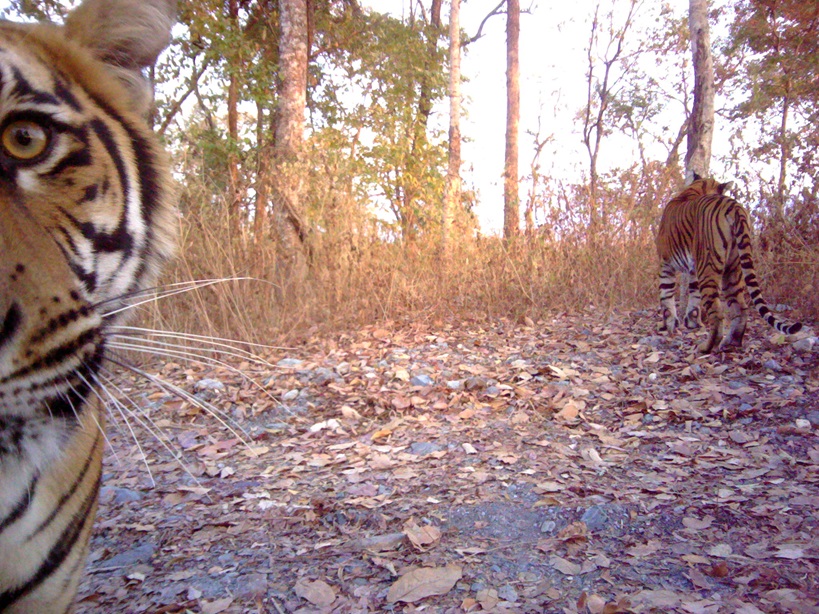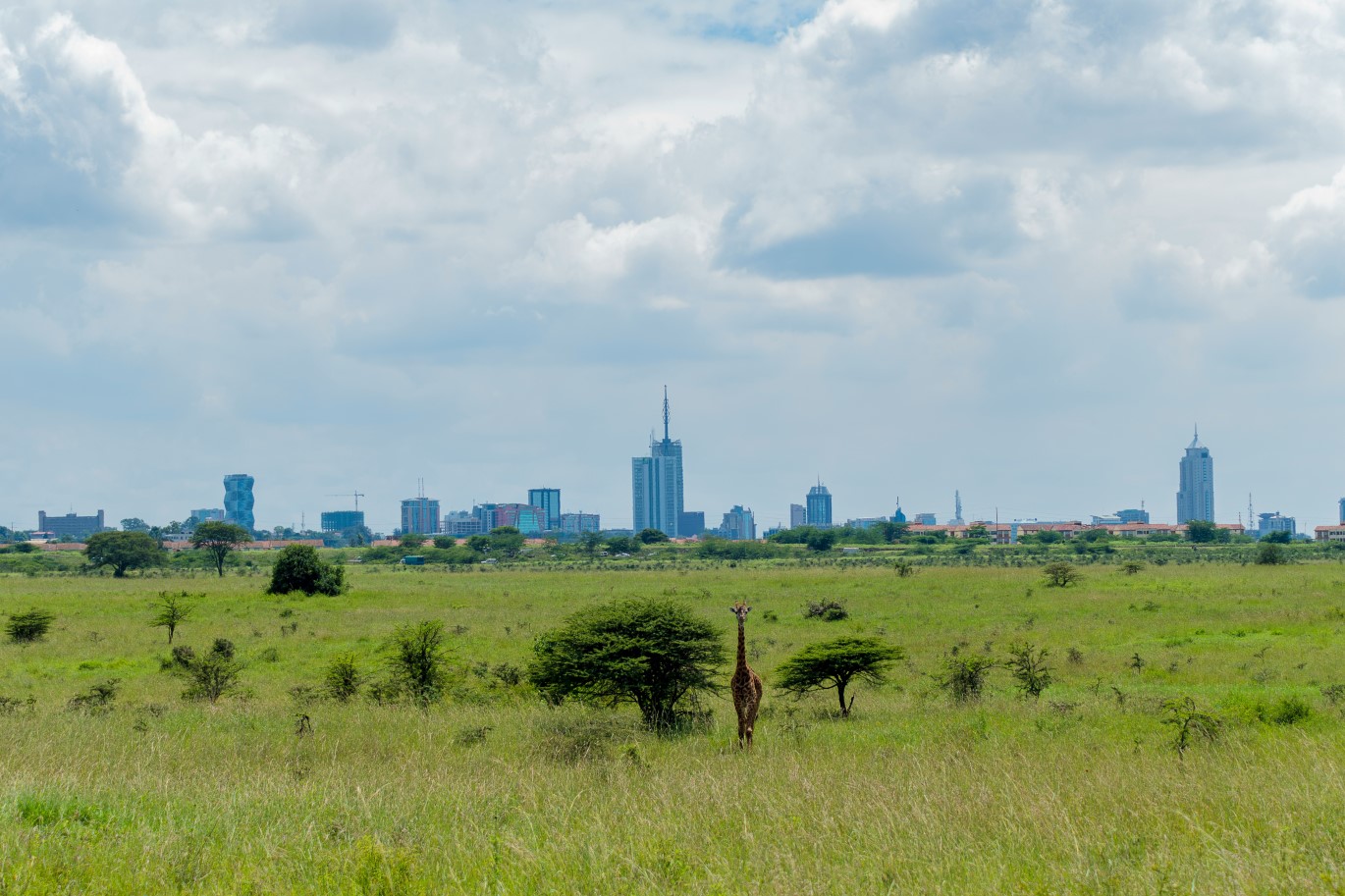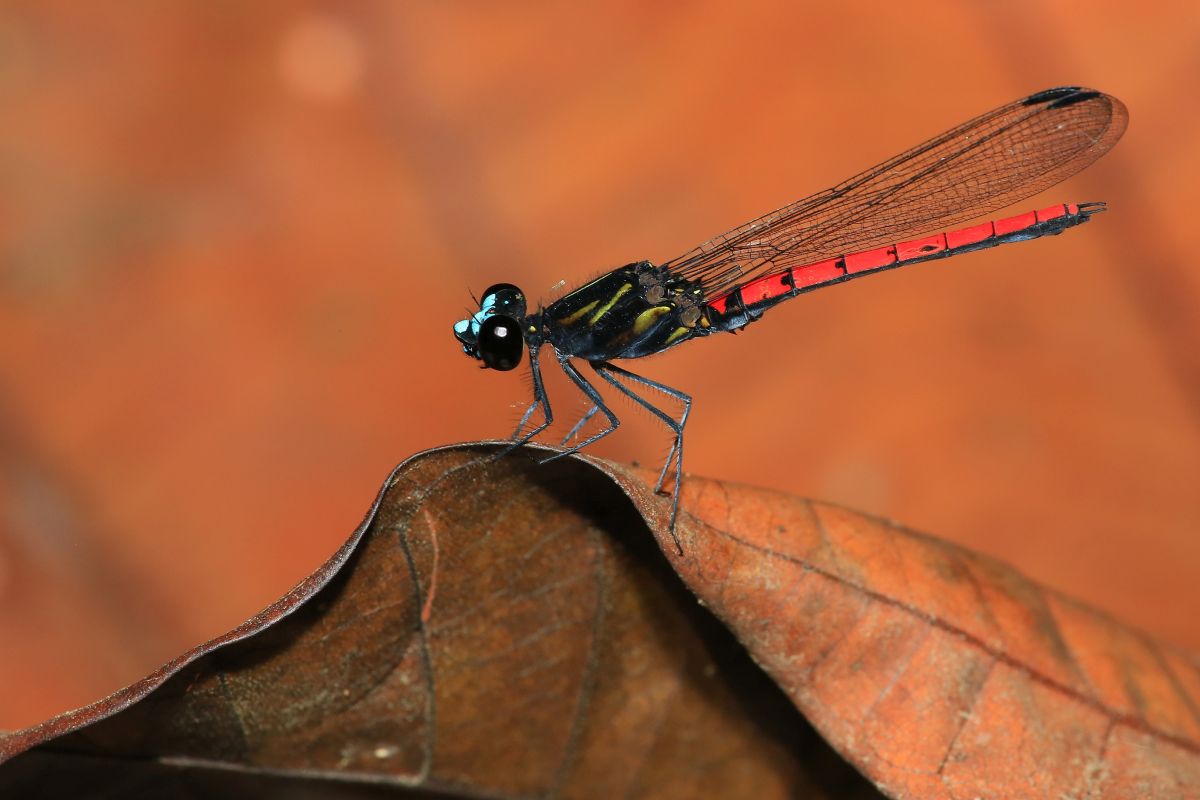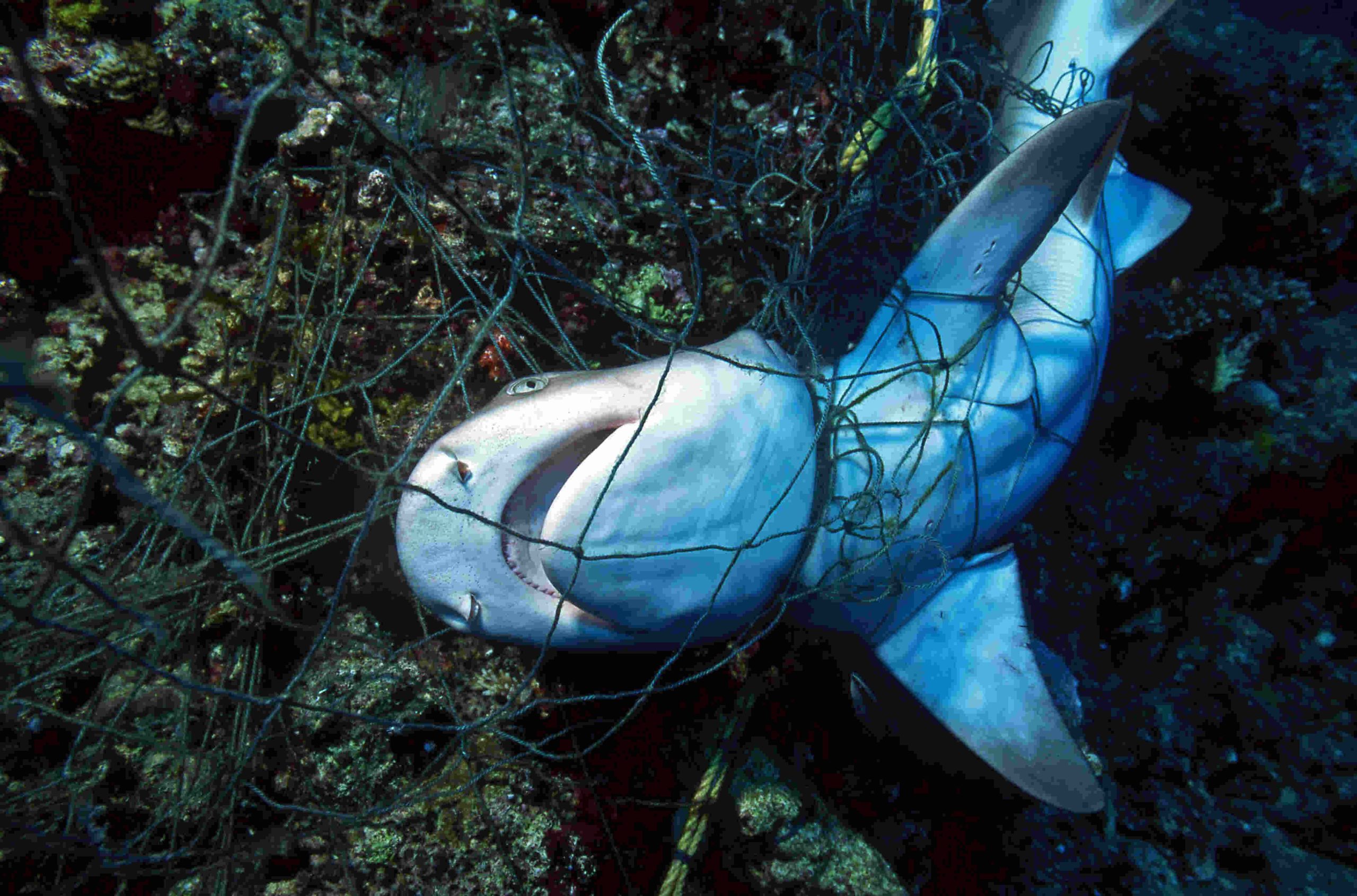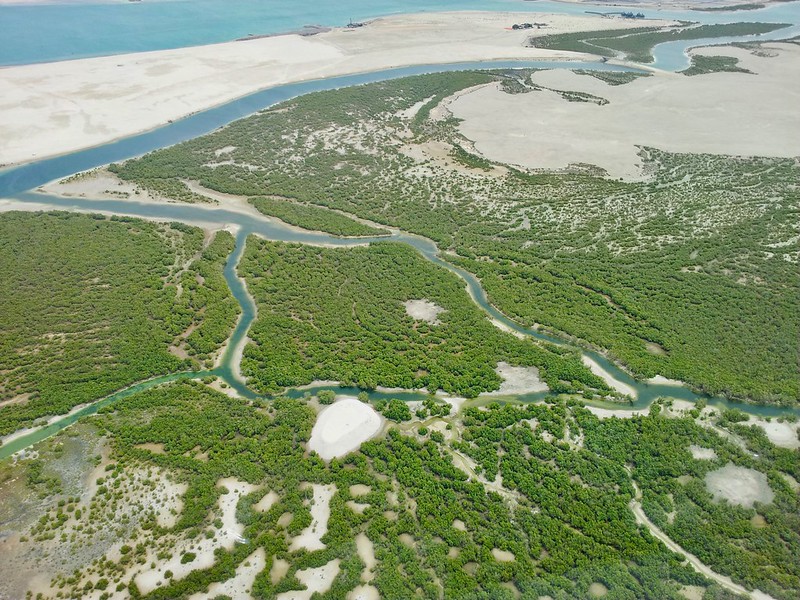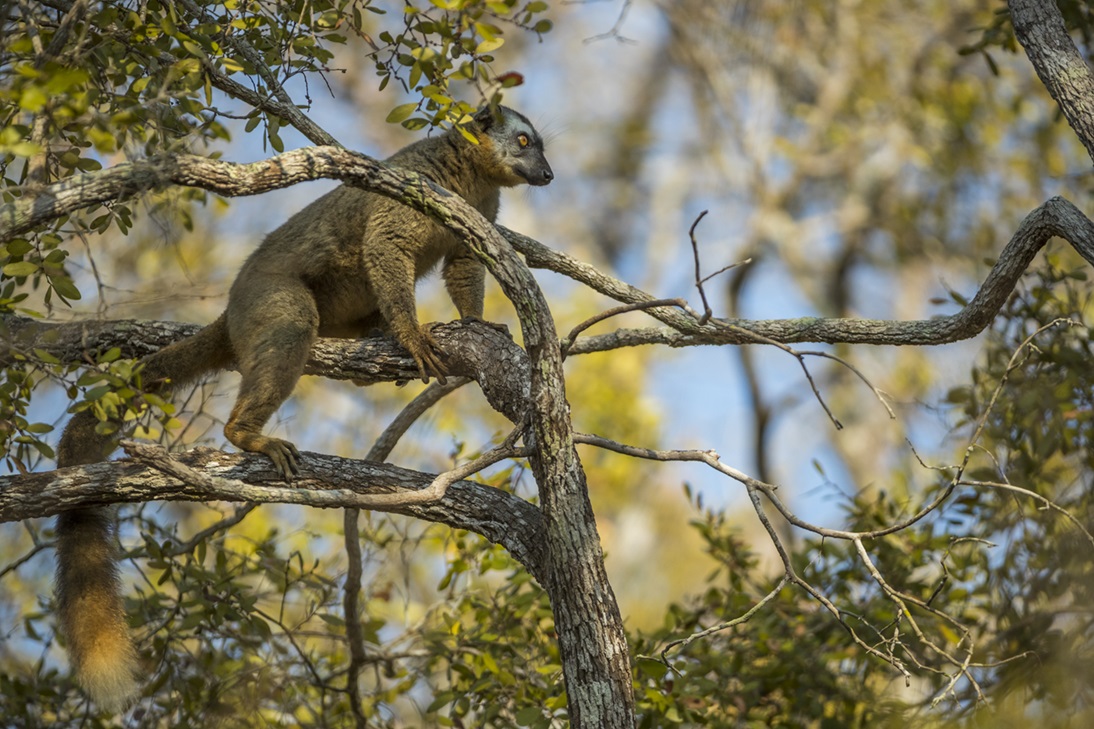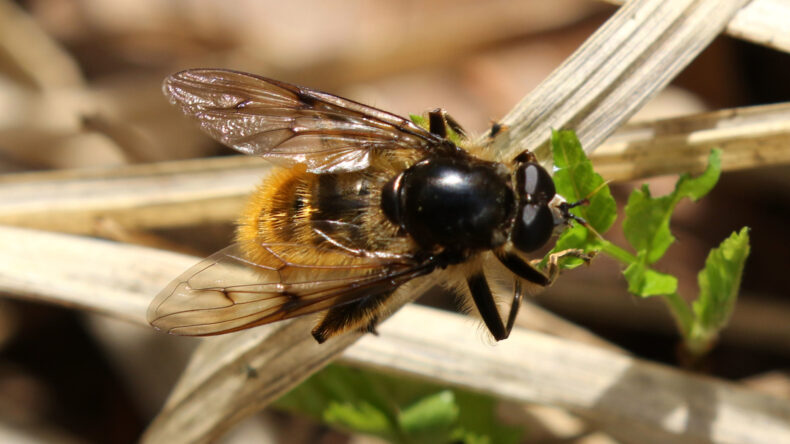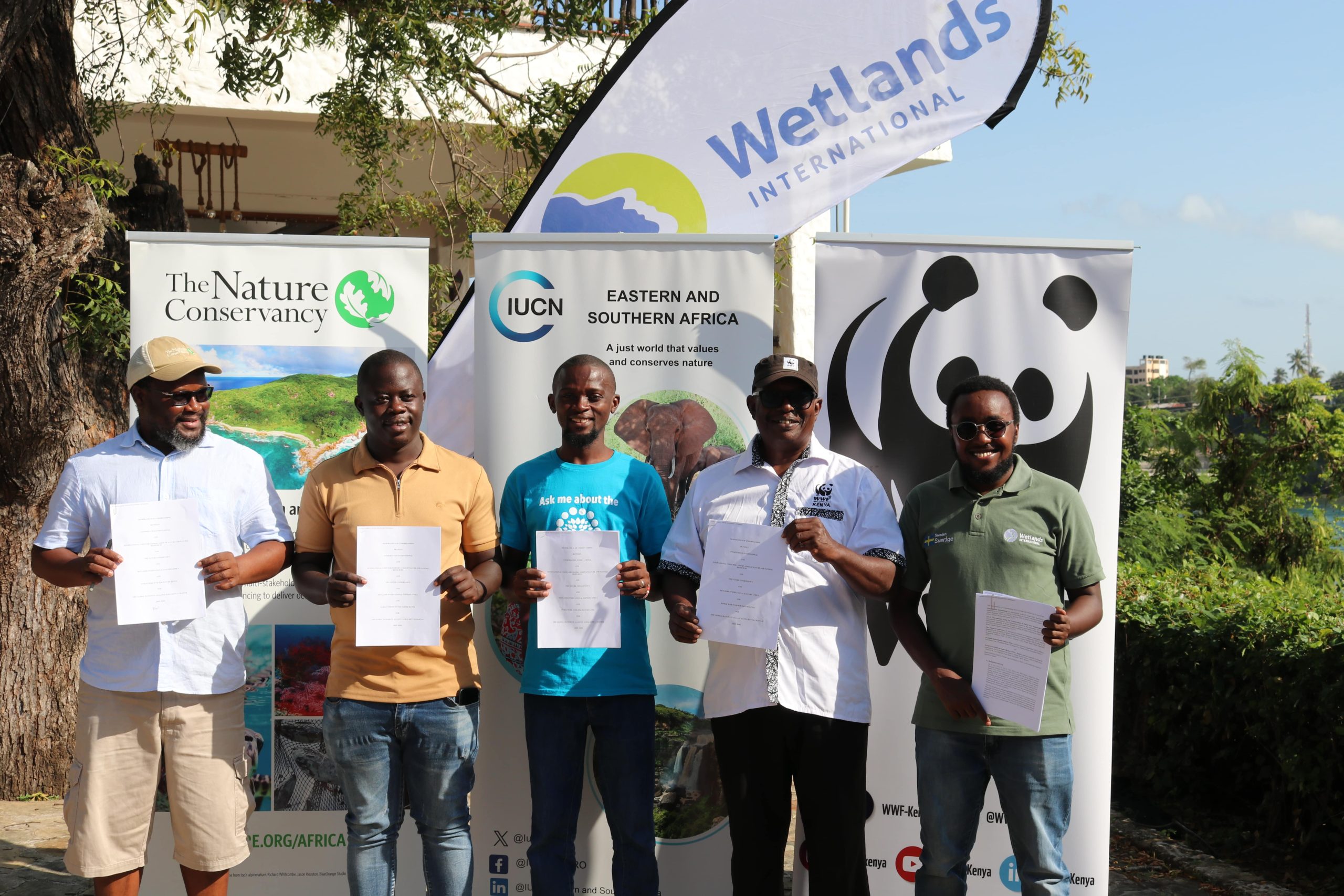In response to the escalating threat posed by invasive alien species (IAS), IUCN has launched the European Invasive Alien Species Rapid Response Fund. Co-funded by the European Union and implemented through IUCN Save Our Species, this €2.1 million initiative will provide targeted grants to support urgent on-the-ground conservation action to prevent the spread and establishment of harmful invasive species across Europe.
Invasive alien species, non-native animals, plants or microorganisms introduced outside their natural range, are among the leading drivers of biodiversity loss worldwide. In Europe alone, they are estimated to cause around €12 billion in damages annually by displacing native species, disrupting ecosystems, and affecting human health and economies.
The new fund is designed to deliver fast, flexible support to conservation actors responding to early detections of IAS, enabling the swift implementation of eradication or containment actions before species become widespread. It contributes directly to the implementation of the EU Regulation on Invasive Alien Species, which requires member states to take proactive steps to manage IAS threats through early detection, rapid response and long-term control.
“Ambitious action to better understand and manage invasive alien species is critical to preserving native biodiversity, and with it the precious ecosystem services on which we all rely,” said Dr Grethel Aguilar, IUCN Director General. “With the new European Invasive Alien Species Rapid Response Fund, IUCN will build on its long-standing expertise and work with partners to scale up action for species conservation across Europe.”
The initiative is embedded within the IUCN Save Our Species conservation mechanism and will run for three years. In addition to rapid action funding, it will offer technical expertise, training, and opportunities for knowledge sharing among IAS specialists and conservation practitioners. Supported partners will also benefit from engagement with a broader community of practice focused on detection, monitoring and response to IAS threats.
A call for proposals will open in June 2025, with grants ranging from €10,000 to €50,000 available for conservation actions of up to 12 months. Eligible projects must target the early stage of invasion by alien plant or animal species, including macroalgae, with high potential to spread and cause significant impacts to biodiversity and ecosystem services. The Fund is open to applications from EU countries, including the Azores, Madeira, and the Canary Islands.
An informational webinar for prospective applicants will be held in June. More information on application guidelines will be published on the IUCN Save Our Species website.


